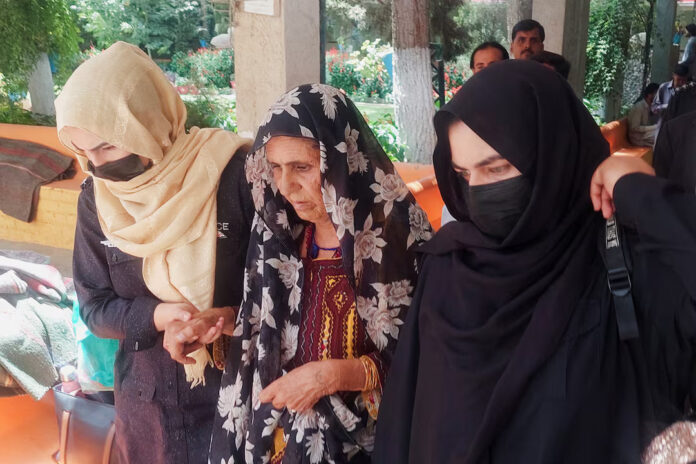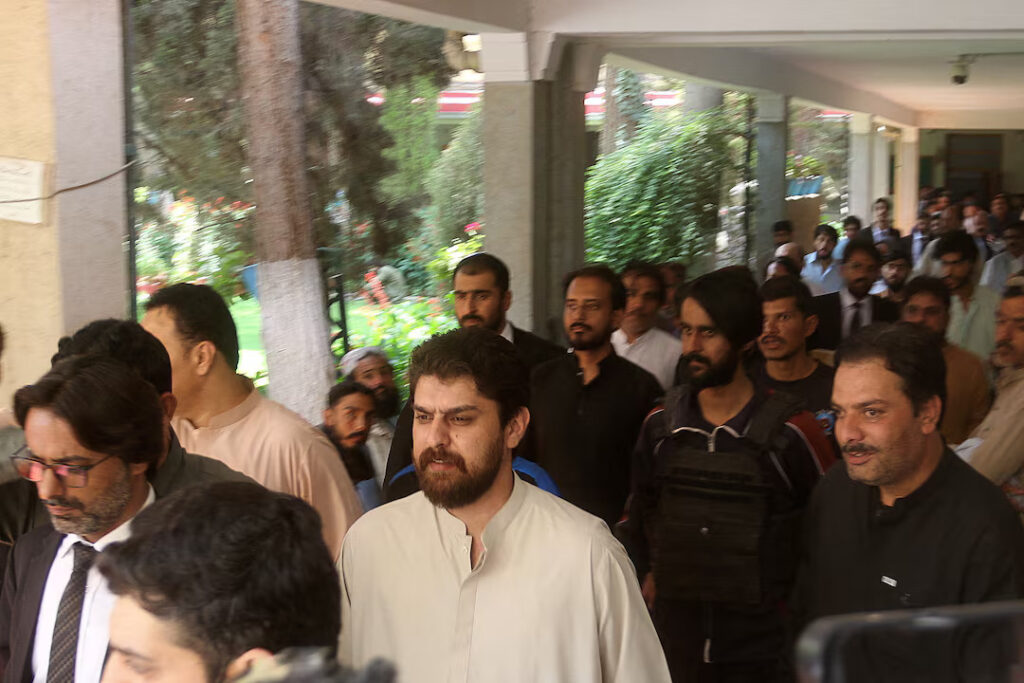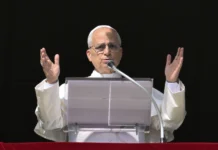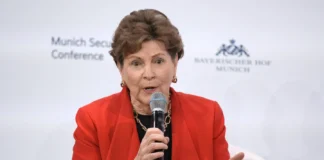
A disturbing video showing the execution-style “honour” killing of a woman and her alleged lover in Pakistan’s southwestern province of Balochistan has ignited national outrage, forcing the government to respond to what critics call a longstanding culture of impunity for such crimes and the continued existence of parallel tribal justice systems.
The graphic video, which went viral on social media, shows 30-year-old Bano Bibi being handed a Koran by a man identified as her brother, Jalal Satakzai. In the footage, she pleads, “Come walk seven steps with me, after that you can shoot me.” She takes a few steps, turns her back, and is then shot three times by her brother. Seconds later, he executes Ehsan Ullah Samalani, the man she was accused of having an affair with.
The video, believed to have been recorded months ago near the provincial capital of Quetta, quickly gained national attention after its release online. The killings, reportedly ordered by a jirga, an informal tribal council, highlighted the continued influence of extrajudicial systems in Pakistan’s rural areas, despite a 2016 law outlawing honour killings.
Authorities responded swiftly, arresting 16 individuals in the Nasirabad district of Balochistan, including a local tribal chief and Bano’s mother, Gul Jan Bibi. The alleged shooter, Bano’s younger brother, remains at large.

Policemen escort tribal chief Sher Baz Satakzai, accused of ordering deaths of a couple accused of having an affair, in a so-called honour killing after a video showing the couple being shot went viral on social media, at a local court in Quetta, Pakistan July 21, 2025. REUTERS/Naseer Ahmed/File Photo
Gul Jan defended the killings in a viral video statement, claiming they were carried out according to “centuries-old Baloch traditions” and denying that a tribal chief had issued the order. “We did not commit any sin,” she said. “Bano and Ehsan were killed according to our customs.”
Civil rights lawyer Jibran Nasir criticized the delayed response, stating that the government only acted once the video became a viral spectacle. “This isn’t a response to a crime. It’s a response to a viral moment,” he said. “The crime occurred months ago, not in secrecy but near a provincial capital, yet no one acted until 240 million witnessed the killing on camera.”
Balochistan’s Chief Minister Sarfraz Bugti called the incident a “test case” for dismantling illegal tribal courts and pledged legal reforms. “This is about the writ of the state. The jirga system must end,” he said.
Hashtags such as #JusticeForCouple and #HonourKilling began trending on social media, as thousands condemned the killings and Pakistan’s failure to protect vulnerable women. The Pakistan Ulema Council, a prominent religious body, declared the killings “un-Islamic” and called for terrorism charges against the perpetrators.
Dozens of civil society members and activists held demonstrations in Quetta, demanding justice and enforcement of formal legal systems. “Virality is a double-edged sword,” noted cultural anthropologist Arsalan Khan. “It can pressure the state into action, but it can also be used to restore ghairat, or perceived family honour, through public spectacle.”
Despite reforms, enforcement remains weak in Pakistan’s rural and tribal regions. In 2016, Pakistan criminalized honour killings after the murder of social media star Qandeel Baloch, closing a loophole that previously allowed families to forgive the killers. However, rights groups say tribal jirgas still wield enormous power in under-governed areas like Balochistan.
According to the Human Rights Commission of Pakistan, there have been at least 405 honour killings reported in 2024 alone, with most victims being women. Lawyer Asad Rahim Khan said the state continues to tolerate jirgas in regions beyond its reach. “It’s executive inaction, most shamefully toward women in Balochistan,” he said.
Critics also pointed out that the federal government has recently considered proposals to revive jirgas in former tribal areas, further undermining formal judicial authority. Prime Minister Shehbaz Sharif’s office has not issued a statement in response to the latest controversy.
The incident was raised in Pakistan’s Senate, where the human rights committee condemned the killings and called for action against those who convened the jirga. Lawmakers warned that tolerating such systems encourages further violence and undermines the country’s legal framework.
However, activists remain skeptical that the outrage will translate into lasting reform. “There’s noise now, but like every time, it will fade,” said Jalila Haider, a human rights lawyer based in Quetta. “In many areas, there is no writ of law, no enforcement. Only silence.”
Haider said the murders highlight the failure of the Pakistani state to provide justice in peripheral regions where tribal customs overshadow constitutional rights. “It’s not enough to just condemn jirgas,” she said. “The real question is: why does the state allow them to exist in the first place?”
As the nation reels from the brutality captured on camera, many are left asking whether the attention will finally force meaningful action, or simply fade like countless tragedies before it.
Written By Rodney Mbua


















